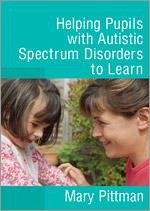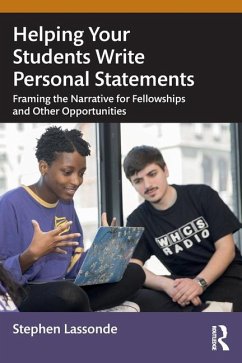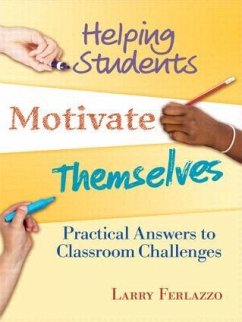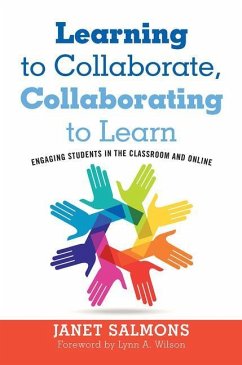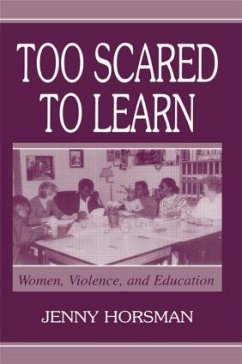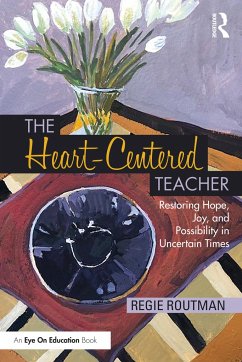
Helping Students Learn in a Learner-Centered Environment
A Guide to Facilitating Learning in Higher Education

PAYBACK Punkte
13 °P sammeln!
Before entering higher education, most students' learning experiences have been traditional and teacher-centered. Their teachers have typically controlled their learning, with students having had little say about what and how to learn. For many students, encountering a learner-centered environment will be new, possibly unsettling, and may even engender resistance and hostility.Taking as his starting point students' attitudes toward, and unfamiliarity with, learner-centered classrooms, Terry Doyle explains that motivating students to engage with this practice first of all requires explaining it...
Before entering higher education, most students' learning experiences have been traditional and teacher-centered. Their teachers have typically controlled their learning, with students having had little say about what and how to learn. For many students, encountering a learner-centered environment will be new, possibly unsettling, and may even engender resistance and hostility.Taking as his starting point students' attitudes toward, and unfamiliarity with, learner-centered classrooms, Terry Doyle explains that motivating students to engage with this practice first of all requires explaining its underlying rationale, and then providing guidance on how to learn in this environment. This book is about how to help students acquire the new skills and knowledge they need to take on unfamiliar roles and responsibilities. It is informed by the author's extensive experience in managing learner-centered classes, and by his consultation work with faculty.The first four chapters focus onthe importance of imparting to students the evidence and underlying philosophy that is driving higher education to move from a teacher-centered to a learner-centered practice, and what this means for students in terms of having control over, and making important choices about, their learning. The final eight chapters focus on how to impart the skills that students need to learn or hone if they are to be effective learners in an environment that is new to them. The book covers such practices as learning on one's own; creating meaningful learning when collaborating with others; peer teaching; making presentations; developing life long learning skills; self and peer evaluation; and give meaningful feedback.This book provides a rich and informative answer to the fundamental question: how do I help my students adjust to a learner-centered practice?







